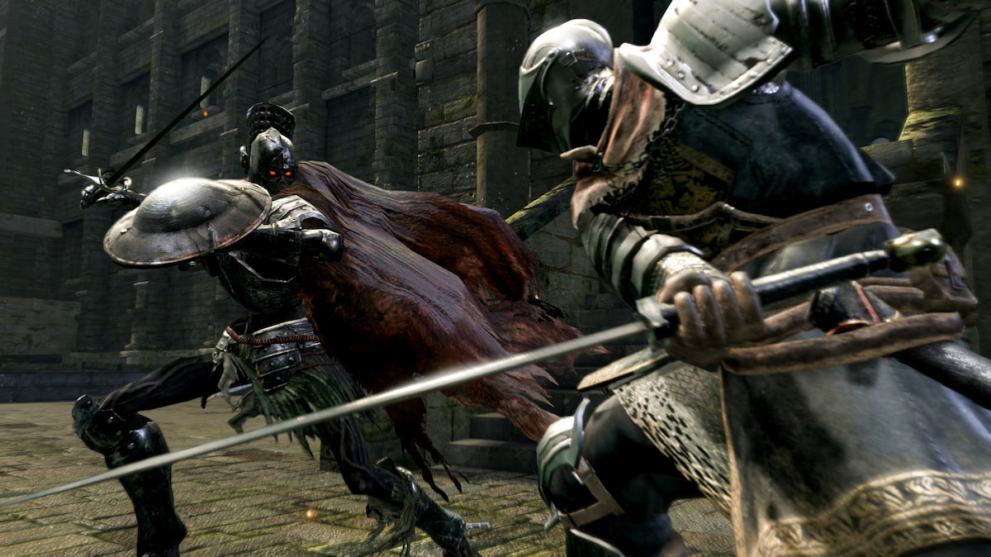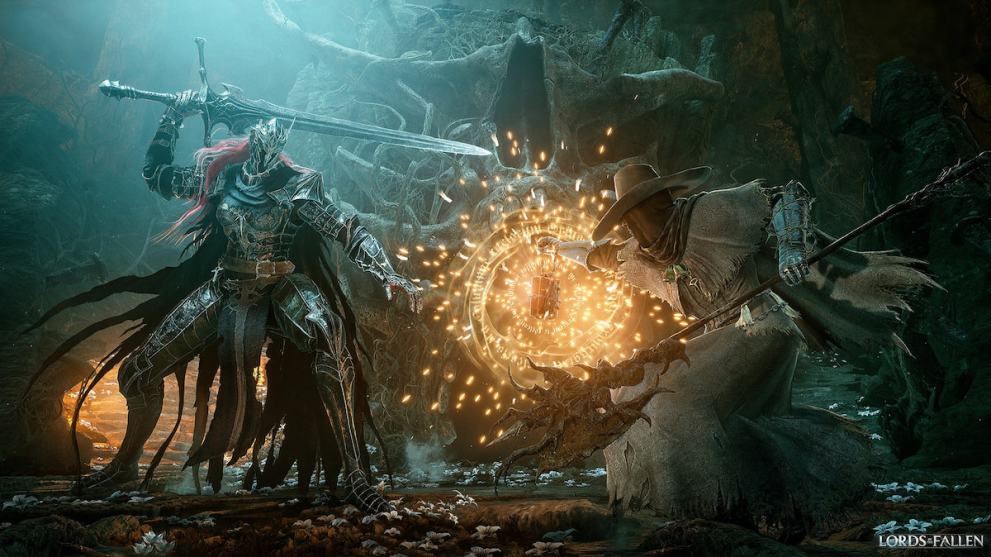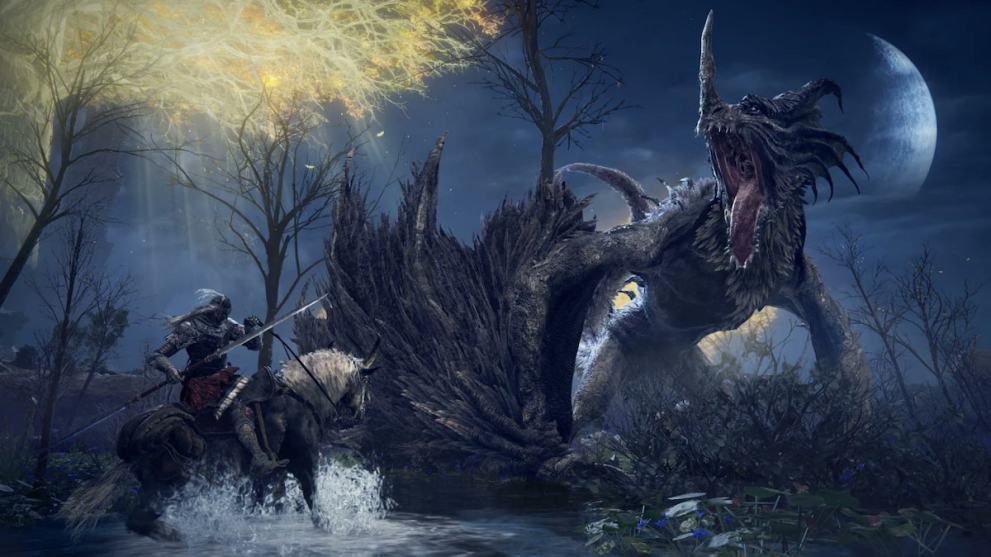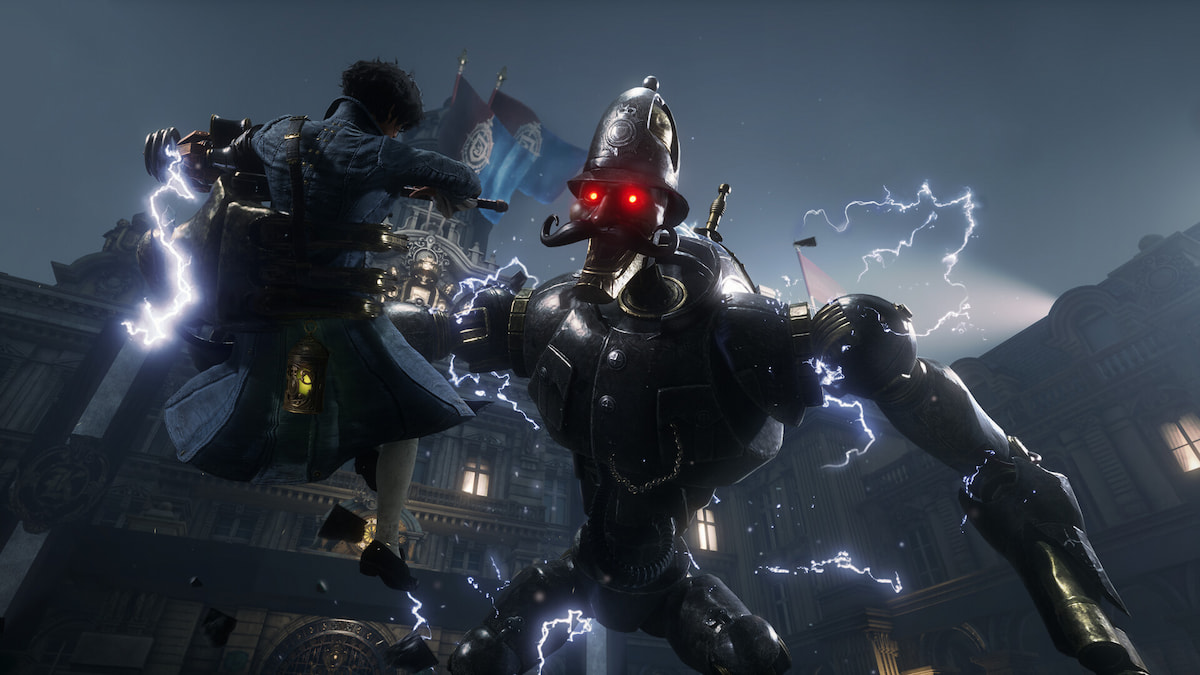Souls-like, whose name is an homage to the Dark Souls trilogy that spawned it, is as iconic as well known. And for good measure, because when Dark Souls hit the gaming scene in 2011, its unique design and challenge was nearly unheard of. Since then, souls-like games have come and gone and are punctuated by their interconnected worlds, RPG systems, deliberately measured combat, and challenging, spectacle boss fights. However, at some point in time, the genre became flooded with games that don’t do enough to differentiate themselves and innovate on the formula. Let’s explore why the souls-like genre needs a break.
Since 2011, FromSoftware has dominated the souls-like space with their Dark Souls franchise. So much so that after Dark Souls and Bloodborne became well known, it wasn’t uncommon to categorize a FromSoftware game as its own genre—Souls-borne. Imitation is the sincerest form of flattery, and that sentiment could be felt in later titles that Dark Souls inspired.

Early titles like The Surge and The Lords of the Fallen (2014) were early attempts at repeating the successful Souls-Borne formula with mixed results. While Nioh and Salt and Sanctuary iterated on the formula further by being set in wildly different thematic periods, or in Salt’s case, was a two-dimensional side scroller. Still, none of them innovated on the formula enough or had enough quality to stand out above what inspired them.
Those four games were released over a period of three years, but fast forward to 2023, and we’re now seeing numerous souls-likes released every year. To make matters worse, these titles fail to deliver on one or multiple core principles that make FromSoftware’s Dark Souls so revered. These principles include but aren’t limited to stamina-based combat, progression systems, online multiplayer, oppressive level design, general difficulty, boss fight difficulty, and optimization.
For example, Team NINJA, the developers of Nioh, went on to make Wo Long: Fallen Dynasty, an action RPG souls-like that has Mostly Negative recent reviews and mixed reviews overall. While Wo Long succeeded in having multiplayer coop and PvP in a fascinating Three Kingdoms-style world, it still suffers greatly from bugs, crashes, odd difficulty and combat design choices, and abysmal performance. Likewise, the recently released Lords of the Fallen reboot also sits at mixed reviews for its odd implementation of “seamless” coop, crashes, performance issues, and tedious enemy density.

Another reason the large influx of souls-likes is an issue in the gaming industry is because of how used to the gameplay players are. In the many efforts other developers make to imitate what Dark Souls introduced, they fail to realize just how many souls-likes players have played in the past ten years. And because most of the recent souls-like games borrow so heavily from FromSoftware’s designs, a lot of the difficulty impact simply isn’t there.
It comes down to the flow of combat and the risk versus reward during each attack, dodge, and block. It’s all second nature now—most players know when to properly do what and when. So, when a developer releases a new souls-like, expecting players to struggle on their carefully crafted fights, I bet they’re shocked when players breeze through them due to that collective experience.
Meanwhile, most new souls-likes don’t have multiplayer of any kind, which is strange, given how much of a staple that feature is. Some games get the multiplayer mostly right, like Lords of the Fallen, but still stumble when the features surrounding multiplayer are rough around the edges and lacking. Players went years hopping from one new single-player souls-like to the next until FromSoftware thankfully returned with Elden Ring and absolutely knocked it out of the park while still expanding their game’s own fundamental designs.

Competitors just can’t keep up, and I would argue that they should try to imitate less and innovate more. With that said, not all souls-likes have failed to make their mark. Lies of P is one that does innovate and build upon the original Dark Souls formula by re-imagining the classic fairy tale of Pinocchio with a more straightforward approach to storytelling. That, alongside an actually innovative weapon system that lets you create your own attack patterns in an oppressive Bloodborne-inspired world, is a prime example of a souls-like done right.
I think it’s pretty clear that developers should try to expand the definition of souls-likes instead of following it. There is so much more room to grow the genre’s scope, so it’s a shame to see souls-like after souls-like mostly copy and paste what works without taking the risks that could help the genre grow and evolve.













Updated: Oct 15, 2023 04:06 pm